
 Instagram
Instagram
11 Basil Seeds Uses and Benefits


Related products
Basil seeds (or sweet basil seeds) are the seeds of sweet basil (Ocimum basilicum), a plant native to India. The alternate names in the local Hindi language are ‘Tukmaria seeds’ or ‘Sabja seeds’. These seeds have a long history of use in traditional Chinese medicine and Ayurvedic medicine.

These seeds are loaded with many healthy nutrients that promise enormous benefits for overall health and wellness. Despite enormous claims, only a few studies have confirmed their health benefits. Before moving ahead, a dive into the nutritional profile of basil seeds is imperative.
Breakdown of ingredient profile
The dense nutritional profile of basil seeds entitles them to the title of 'superfood'. The essential ingredients in the Indian basil seeds are;
|
Basil seeds nutritional facts (per 100g) (source: FOODS, an open-access journal) |
||
|
Nutrients |
Value |
DV (%) |
|
Calories |
442 |
22% |
|
Protein |
14.8 g |
29.6% |
|
Lipids |
13.8 g |
20% |
|
Carbohydrates |
63.8 g |
21% |
|
Fibre |
22.6 g |
75% |
|
Iron |
2.27 mg |
28% |
|
Magnesium |
31.55 mg |
8% |
|
Zinc |
1.58 mg |
15% |
Health benefits and uses of basil seeds
Here are the 11 most important uses and benefits of sweet basil seeds.
A superb source of dietary fibre
Basil seeds are a concentrated source of dietary fibre, e.g., pectin. A single tablespoon serving (13g) of basil seeds provides 10% of the daily recommended intake of fibre. It is critical as according to the British Dietetic Association (BDA), the average fibre intake in the UK is just 18g which is 40% less than the desired 30g. This soluble fibre helps the body in several ways, e.g.,
- Prebiotic function: The soluble fibre pectin is an excellent prebiotic. It means it increases the growth and proliferation of gut-friendly bacteria and suppresses the growth of disease-causing bacteria in the gut.
- Delayed stomach emptying: Dietary fibre pectin causes a delay in stomach emptying, giving a sense of fullness. Some people have investigated the use of basil seeds for weight loss.
- Lower blood glucose levels: The presence of soluble fibre reduces glucose absorption in the intestines and thus helps manage blood glucose levels. Increasing the daily fibre intake to 35g is a good target to reduce diabetes-related mortality in adults, says Andrew N. Reynolds (University of Otago, Dunedin, New Zealand).
- Lower cholesterol levels: A high-fibre diet reduces cholesterol levels by lowering cholesterol absorption from the intestines. According to a recent study published in Iran, a 5g daily increment in fibre levels causes a 5.57 mg/dL decrease in LDL levels.
Due to the limited scope of currently available studies, more comprehensive studies are needed to confirm the gut-friendly potential of basil seeds.
Excellent mineral profile
Basil seeds are rich in numerous minerals, particularly calcium, iron and magnesium. According to the research data, 100g basil seeds provide 28% DV of iron, 8% of magnesium and 15% of zinc. Magnesium is vital for muscle and bone functions, while iron is necessary to synthesise red blood cells.
So, basil seeds are a good option for people to boost mineral uptake who are unable to do so due to any reason. These seeds are good sources of calcium and iron for the vegans.

Richness in useful phytochemicals
Basil seeds are rich in polyphenols, flavonoids and other plant compounds with numerous health benefits.
- Flavonoids are potent antioxidants that protect the cells from free radicals-associated damage. Additionally, flavonoids have antiviral, anticancer and anti-inflammatory properties, and a study published in the American Journal of Clinical Nutrition concluded that a higher intake of flavonoids leads to a reduced risk of heart disease.
However, the studies have used the specific flavonoid compounds at high doses, and there are no studies in which these seeds are tested directly on humans.
An excellent stabilisers and thickening agent for foods
The pectin-rich fibrous gum obtained from the basil seeds is used in the food industry as an excellent stabiliser and thickening agent. Its flavourless nature makes it a good option to stabilise and thicken the mixtures. For example, according to Professor Akefe Zameni and colleagues working at the Gorgan University of Agricultural Sciences and Natural Resources, Iran, it is an excellent ice cream stabiliser and reduces the formation of ice crystals by 30-40% as compared to regular ice cream formulations.
These seeds are used as fat replacers in the mayonnaise and yoghurt and stabilise the jellies, low-fat cream and salad dressings. They are good thickening agents for sauces, soups and desserts.
An excellent source of omega-3 three fatty acids
Depending upon the origin and growing conditions, one tablespoon (13g) of basil seeds contains 1.8g of fat.. 50% of this fat is alpha-linolenic acid (ALA), a famous omega-3 fatty acid. According to NIH, taking 1.1-1.6g of omega-3 three fatty acids is considered to be essential for adults to boost heart health. So, just one tablespoon of basil seeds is enough to provide more than 60% of the daily requirements of omega 3s.
The omega 3s produce energy and have anti-inflammatory properties that reduce the risk of type 2 diabetes and heart diseases.
- A large-scale meta-analysis involving nearly 150,000 patients concluded that Omega-3 supplementation lowered the risk of death due to cardiovascular diseases, coronary heart disease events, non-fatal myocardial infarction and major adverse cardiovascular events.
Even the so-called ‘superfoods’ wouldn’t work in severe deficiency, and supplementation becomes necessary. Check out our review of the Best Omega-3 Supplements available in 2025 to select the best supplement according to your needs.
Basil-based fibrous healthy drinks & desserts
Different basil seeds-based drinks are a part of the culinary traditions of Southeast Asia and India. These drinks are basil seed drink, basil seed lemonade, basil seed smoothie, basil seed iced tea, basil seed milkshake, basil seed infused water, and basil seed detox drink. A very popular cold dessert-like basil seed-based beverage in India is the falooda. Various versions of falooda are available with added fruits, noodles and ice cream.
Many brands of basil seeds-based bottled beverages are available in the UK. The basil seeds add a chewy texture and a lot of fibre to the drinks, which most of the drinks lack.

Natural Hair and Skin Care Boost
Basil seeds have antioxidants, vitamin K, folate and proteins that improve hair and skin health. Regular use increases collagen production in the skin, which improves the skin's elasticity, and facilitates the production of new skin cells. The antioxidants and vitamin E in the basil seeds increase the turnover of the skin cells, the damaged cells are repaired faster, and the skin gets a healthy and glowing look.
- The skin-friendly antioxidant potential of the thyme, oregano and basil essential oils was evaluated and proven by a series of in vitro tests conducted by Professor Biljana Bozin and colleagues at the University of Novi Sad, Montenegro.
- Although there is no research backing, the basil seeds are rich in proteins with promising potential to reduce hair fall and improve hair volume.
Visit the Welzo Medical & Health Blog on Skincare to read the informative articles, product reviews and expert opinions.
Prevention of bloating and constipation
Basil seeds are the natural detoxification agents that eliminate toxins from the body and help regulate bowel movements. These seeds have volatile compounds, e.g., methyl cinnamate, bergamotene, eugenol, methyl chavicol and linalool, which cleanse the stomach and help relieve gas from the stomach and intestines. These compounds have anti-inflammatory, antioxidant and antimicrobial properties that help treat the infectious causes of bloating and constipation.
A regular consumption of basil seeds thus reduces the risk of constipation and bloating. However, remember that basil seeds are rich in soluble fibre and consuming too much is itself a risk factor for bloating..
Soothing Relief from Cough and Cold
Basil seeds help with cough and cold due to;
Antispasmodic potential: The basil seeds relieve muscular spasms and promote muscle relaxation due to their antispasmodic potential. This antispasmodic potential, in combination with anti-microbial and anti-inflammatory potential, helps control whooping cough, flu and common cold. In ethnic medicine, basil seeds are used as antispasmodic carminatives.
Soothing effect: They contain mucilage, a gel-like material that forms as they are soaked in the water. It soothes the irritation in the respiratory system responsible for cough.
Improved hydration: Basil seeds improve hydration and are useful in relieving a dry cough by keeping the respiratory passages hydrated and wet.
Consultation with healthcare professionals is necessary in case of severe and chronic cough. Visit our page to start consultation with the Welzo health professionals.
The natural coolants
The basil seeds are natural coolants and are added to the popular drinks, juices and desserts in comparatively hotter and temperate countries. The additional ingredients in these drinks are sugar, lemon, fruit pieces, ice and honey. The basil seed drinks work as coolant and provide a cooling effect to the body in summer. Their refreshing taste, in combination with mucilaginous and hydrating properties, makes them highly prized in summer.
Stress relievers
Various studies have shown the potential of basil seeds to soothe and calm the mind by reducing anxiety and stress. The omega-3 fatty acids, vitamins, minerals and antioxidant compounds, e.g., polyphenols in the basil boost mood and lower mental fatigue and tension.
A randomised, double-blind and placebo-controlled trial conducted by Professor Adrian. Lopresti and colleagues concluded that an 8-week regular use of of 125mg of holy basil extract twice daily lowered the perceived stress and improved the sleep quality.
We have reviewed the 10 Best Ways to Manage Stress in another must-read article. Visit the page to read it.
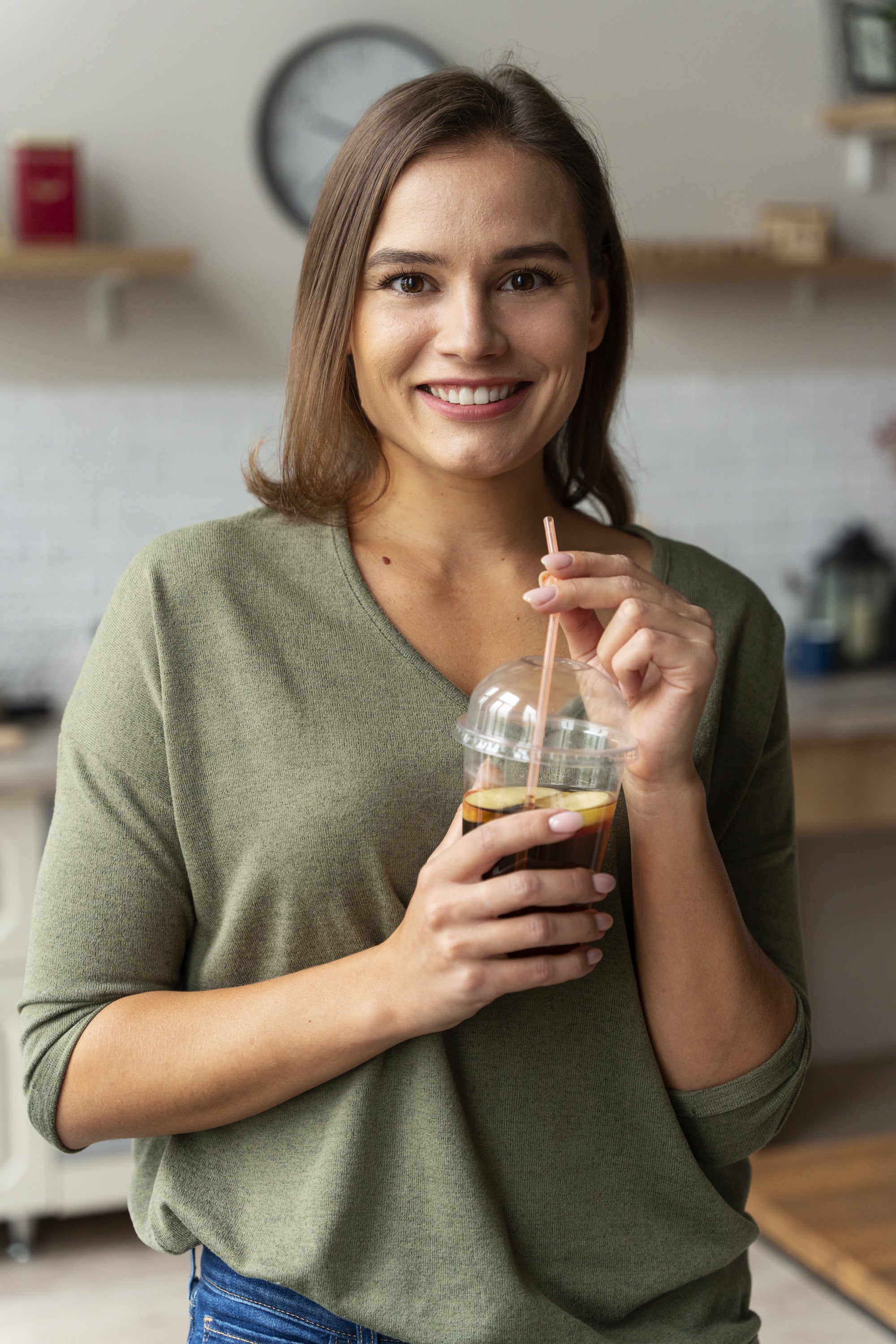
How to use the basil seeds?
Effective use is necessary to get the maximum out of basil seeds. The following points are worth considering.
Buy only the food-grade seeds: Only purchase the edible seeds intended for human consumption. The seeds used for plantation are more costly and treated with pesticides.
Ensure proper pre-soaking: The basil seeds are tough. Soaking them in water is necessary to improve palatability and digestion. Soak them in a lot of water. A standard is to use 8 ounces of water to soak just one tablespoon (0.5 ounces) of basil seeds. Adding little water causes them to clump by absorbing water. Allow the seeds to soak for at least 15 minutes. The seeds absorb water until the gel-like outer protest becomes grey.
Pre-soaking is unnecessary if the recipe already contains a lot of fluids, e.g., soups.
Choose an appropriate dish: Basil seeds are used alone and are an excellent fit for many desserts and smoothies. Their bland taste makes them easy to mix with different dishes. They mix easily with milkshakes, smoothies, soups, salad dressings, yoghurt, lemonade, pudding, hot cereals, e.g., oatmeal, whole grain pancakes, pasta, muffins and bread. An excellent alternative to the soaked seeds is to grind them and use them to replace a part of the flour.
Frequently Asked Questions
Is it okay to use sweet basil seeds regularly?
Basil seeds are rich in soluble fibre pectin, and using too much suddenly causes issues like diarrhoea, cramps and bloating. A source of soluble fibre like basil seeds must be introduced to the diet slowly and supplemented with regular exercise and drinking a lot of water.
Do basil seeds improve the skin?
Basil seeds are natural detoxification agents and clear toxins from the body. The nutrients in the basil seeds improve the skin tone and reduce the appearance of acne. Their antifungal and antibacterial properties effectively treat skin infections like psoriasis and eczema.
Do basil seeds improve sperm count?
It is used in traditional medicine and Ayurveda to boost sexuality and sperm count. According to health professionals, the antioxidant potential of basil seeds boosts sperm synthesis and survival.
Are basil seeds cool or hot?
In traditional medicine, foods are categorised into ‘cool’ or ‘hot’ based on their perceived effects on the body and metabolism. This concept is a part of cultural beliefs and has no scientific backing. According to Ayurvedic beliefs, basil seeds cool the stomach and reduce the body temperature.
Can basil be used on the face?
Basil seeds have anti-inflammatory and antibacterial ingredients that treat fungal and bacterial infections and skin scars. Basil extract unclogs the skin's pores and purifies the skin to reduce the appearance of acne. It has vitamin C that promises brighter skin.
Are basil seeds good for the eyes?
Basil seeds are a source of vitamin A, a blessing for people experiencing poor eyesight. The antioxidants like beta carotene and flavonoids protect the eyes from oxidative damage.
Is basil helpful for hair loss?
Basil seeds are a rich source of calcium, iron, and vitamins C and A, which makes them suitable for hair regrowth. One study has even found that it reduces hair loss.
Which is better? Chia seeds or basil seeds?
Both seeds have their benefits. However, comparing the nutritional information shows that chia seeds are more beneficial as they contain more protein, omega-3 fatty acids, and calcium than basil seeds. Basil seeds are rich in iron, which is lower in chia seeds. Preferring one over the other is a matter of personal choice and needs.

Endnote
Basil seeds are a rich source of minerals, fibre, beneficial plant-based compounds, omega-3 fatty acids and many more. These seeds are consumed raw after soaking in the water. Basil seed-based beverages are trendy in Southeast Asia and India but are also gaining popularity in the West.
Before the use, it is essential to be aware of some side effects like bloating due to a sudden and excessive intake of soluble fibre, and it is advised to add them to the diet gradually. They have vitamin K, and thus, people using blood thinners and having bleeding disorders must consult their doctors before using them.
We have Now Foods Holy Basil Extract in vegetarian capsules, each containing 500mg of the basil extract. Visit the page to buy large packing containing 90 capsules for just £19.53. Chia seeds are similar seeds with a more rich nutritional profile. We have Chia Seeds by Creative Nature. The large 450g pack is available for just £8.99.

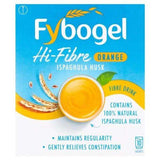




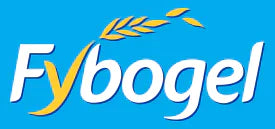

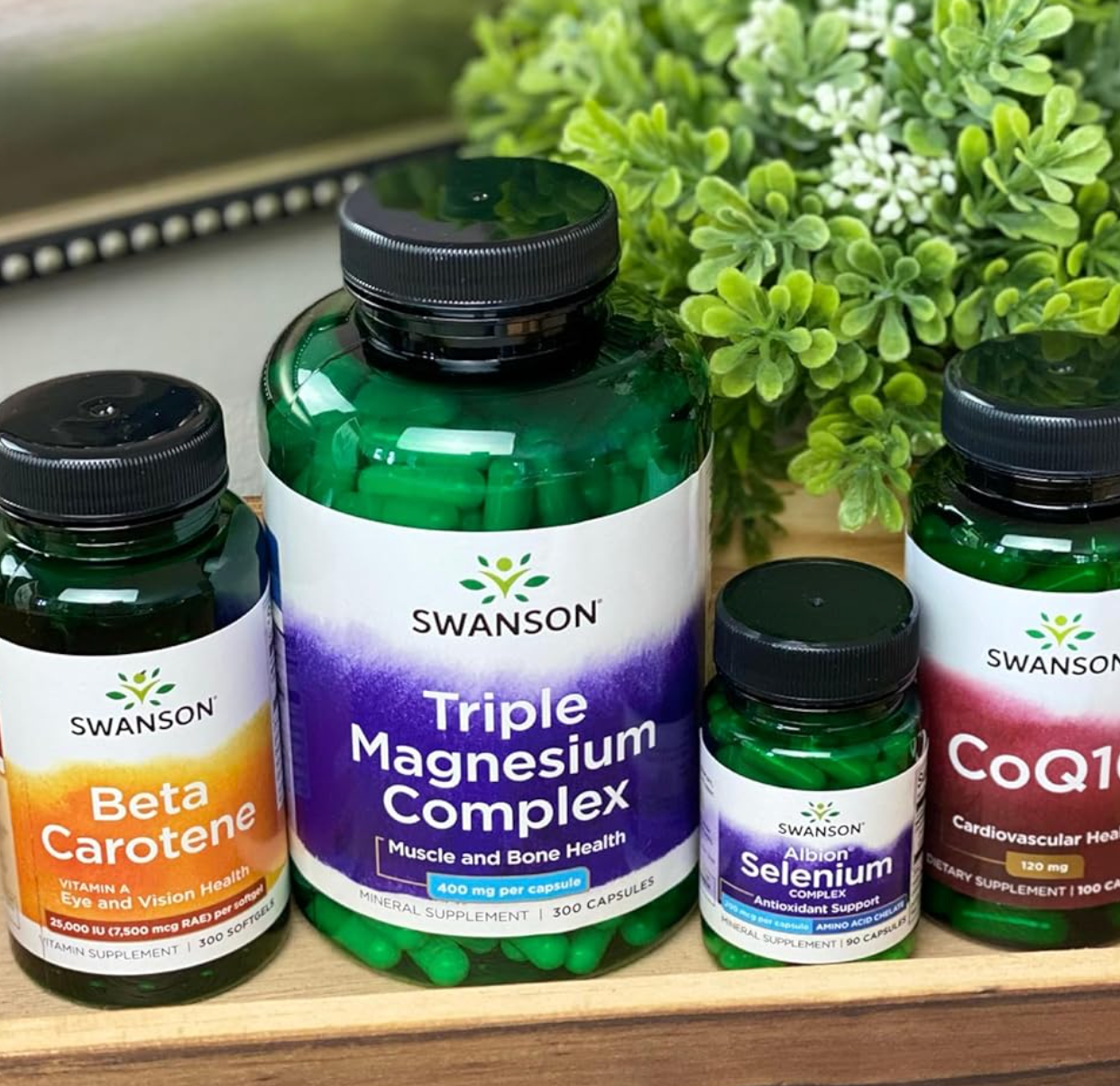




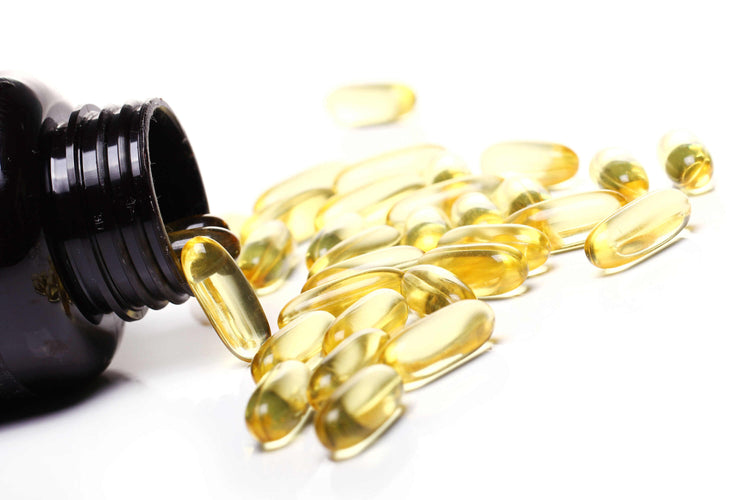



 Rated Excellent by 26,523+ Reviews
Rated Excellent by 26,523+ Reviews